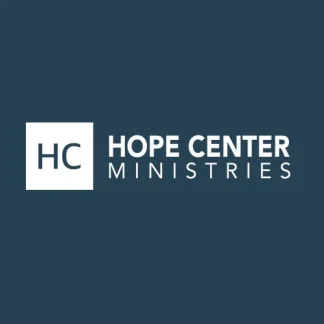Hope Center Ministries - Vernon Men's Center
Vernon, Texas, 9583 US Highway 70 S, 76384
Available Programs
- Adult program
- Program for men
- Young adult program
Insurance and Financial
- Self-pay options
About this Facility
Hope Center Ministries - Vernon Men's Center is a faith-based drug and alcohol rehab for adults located in Vernon, Texas. The center also provides critical community resources, church-based support, case management, and community referrals.
Addiction-related services offered at Hope Center Ministries – Vernon Men’s Center include mental health assessment and counseling, substance use disorder treatment, skill development, worship, and spiritual development.
Mental Health Assessment and Counseling These assessments help to determine whether an individual exhibits symptoms of substance use disorder. The support team counsels individuals about the faith-based program.
Substance Use Disorder Treatment Vernon Men’s Center provides substance use disorder treatment for individuals struggling with addiction and other behavioral problems through their phased, one-year Christian program. Activities include Christian worship, Bible study, pastoral care, chores, and fellowship. The program is for men aged 18 and older.
Skill Development Each resident participates in skill development workshops that support their recovery, including mindfulness, relapse prevention, and movement.
Work Program participants are required to participate in labor on the campus for several hours a day, most days of the week.
Christian Worship Participants are required to study the Bible, attend church, and work on their spiritual development.
Contact us for more information: (866) 396-4673

Contact Hope Center Ministries - Vernon Men's Center
Connect with Hope Center Ministries - Vernon Men's Center by calling their admissions team directly.
(866) 396-4673 Website Get Directions